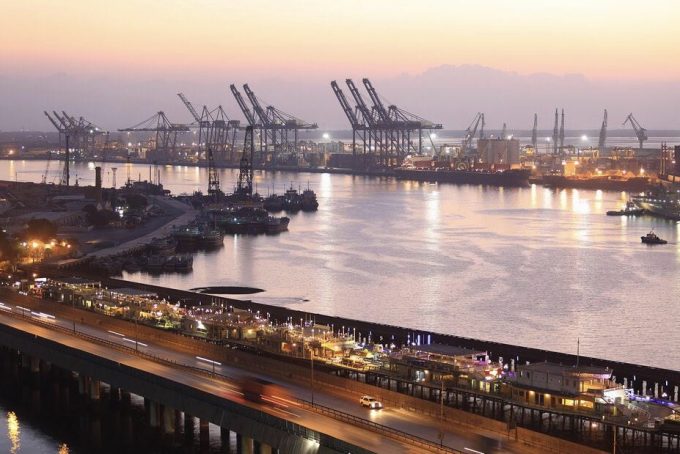
A doubling of detention and demurrage charges (D&D) during the
pandemic has resulted in complaints across the US, Europe and Asia.
Some shippers claim they have been charged thousands of dollars, without really knowing why.
Contentious additional charges imposed by shipping lines are nothing
new, but online firm Container Xchange’s recent survey has shone a light
on the issue, showing an average increase in D&D charges of 104%
over the past year.
One Asian shipper showed The Loadstar documents detailing charges of more than $12,000 in one case.
Global Shippers’ Forum executive James Hookham told The Loadstar:
“We need visibility of what these costs are. We accept the principle
[behind the charges] but it’s visibility, and honesty in some cases,
that is the problem. The system is opaque.”
Mr Hookham said shippers could not understand what they were being charged for as they got 10 days’ free storage time.
“But what if the vessel is late?” he asked.
To make the charges fairer and so shippers could see what they are
paying for, Mr Hookham suggested IoT devices that allow shippers to see
where containers are in real time, should be fitted to all boxes.
According to the Container Xchange survey, D&D charges in the
world’s 20 largest ports, increased 104% in 2021 compared with 2020 – an
average of $666 per container.
It added: “On average, demurrage and detention charges reached $1,219
per container after two weeks in 2021. The cheapest is Cosco in Busan
and the most expensive is CMA CGM in Long Beach and Los Angeles.”
D&D charges have long been a focus of attention for the Federal
Maritime Commission, US importers complaining that charges are levied
even when there is no possibility for the cargo to be picked up.
Similar complaints have been reported in Asia and Europe, with
shippers saying they are unable to see where their cargo is in the
supply chain.
The House Transport and Infrastructure subcommittee of the US
Congress heard from Alexis Jacobson, an accounts manager at BOSSCO
Trading International, that: “Despite complying with the free time limit
an exporter has in their contract for holding a container outside the
terminal and returning a container to the terminal, export customers and
drayage truckers are constantly receiving incorrect invoices from the
ocean carriers for detention or demurrage charges.”
At the same hearing, the World Shipping Council’s John Butler,
representing ocean carriers told the subcommittee: “As testimony from
all witnesses today will show, this is not a situation caused by the
failure of any one part of the supply chain, and no part of the system
has been untouched. To the contrary, all parts of the chain are
affected, and all parties are working overtime to keep cargo moving. And
while there are obviously disruptions, costs, and delays, the fact is
that the international ocean and U.S. intermodal transportation system
is moving more cargo right now than at any time in history. The system
has bent, but it has not broken.”